DVL-C is a long range video transmission system. DVL-C video system features low power consumption, low latency and long distance. DVL-C HD video transmission system is based on 5G frequency and with a maximum 3km range. The output power of DVL-C is adjustable from 25mw to 800mw. The Receiver module has both HDMI output and wifi output, so the wireless video can be displayed on a Monitor and cellphone at the same time.
DVL-C also has OSD module port, so equip the DVL-C with an OSD module, besides the video, the OSD data also could be displayed on the monitor, like transmitter voltage, transmitting power etc.
Specification:
Transmission distance: 1.8km(100mw);3km(800mw)
EIRP: 25mw-800mw adjustable
Sensitivity: -95dbm±2dbm
Frequency: 5G
Working Temperature: -10~60℃
Storage Temperature: -20~50℃
Size:75.5x54.5x22mm(Tx),105x74x26mm(Rx)
Weight: 102g(Tx), 174g(Rx)
Working voltage: DC 12V(6V-16V)2S-3S
Video Output: WiFi(for mobile devices); HDMI (for HDMI display devices)
Video Resolution: 1080p@60fps, 720p supported
Frequency switching: 14 frequency points, manual switch
Features:
Ultra long transmission range
720P/1080P@60fps video output
With High resolution camera
Video storage with TF card supported
With OSD Module Port
Your Purchase Includes:
1x DVL-C Ground Unit
2x Ground Unit Antenna
2x Ground Unit Mobile Antenna
1x DVL-C Air Unit
2x Air Unit Antenna
1x HD Camera
1x Power Cable
The Foxtech DVL-C video system boasts low power consumption and fast response time for long-distance transmission, utilizing 5G frequency technology to support a maximum transmission distance of up to 3 kilometers. The Foxtech DVL-C 5G video transmission system features a high-resolution camera with an OSD module port, adjustable transmission distance up to 3 kilometers (25mw-800mw), and supports output resolutions of up to 1080P at 60fps. The Foxtech DVL-C air unit features two interfaces at the bottom: to the left, users can access the recording function (Rec), camera control (Cam), link setting (Link), power settings (Power), binding options (Bind), and frequency switch (FREQ-SW); to the right, there are MIPI camera ports for connecting cameras and an OSD port for configuring on-screen displays.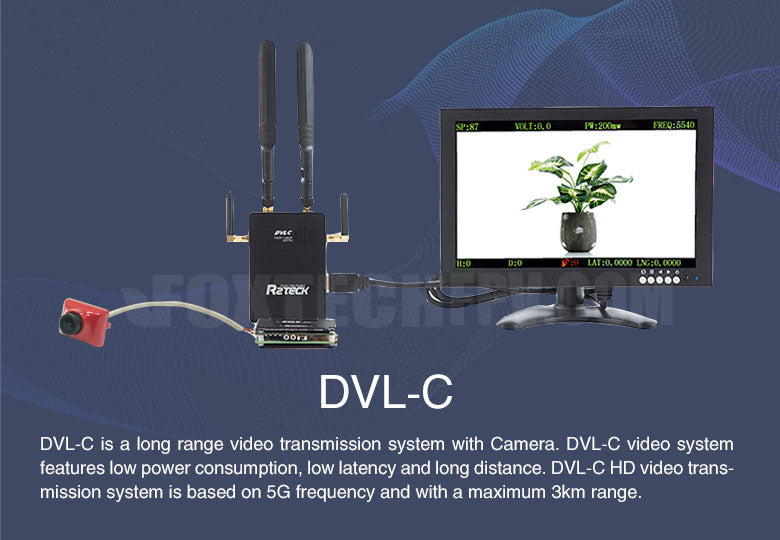
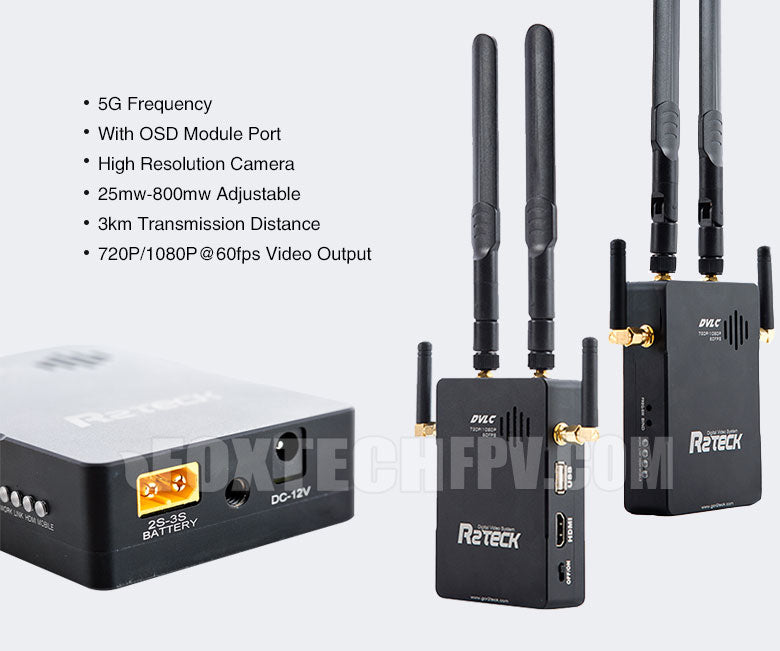
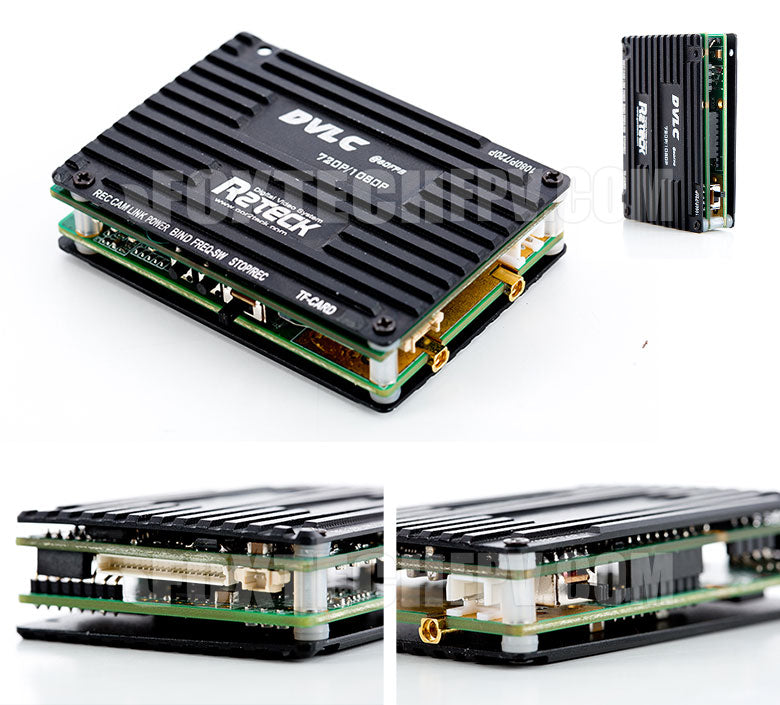
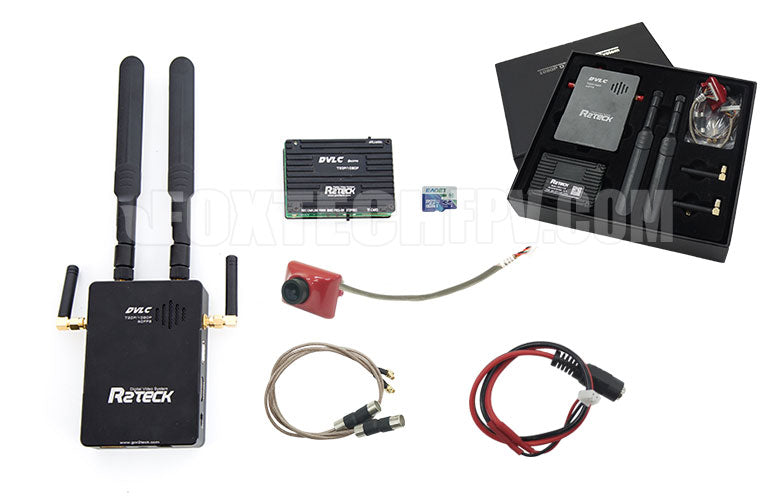
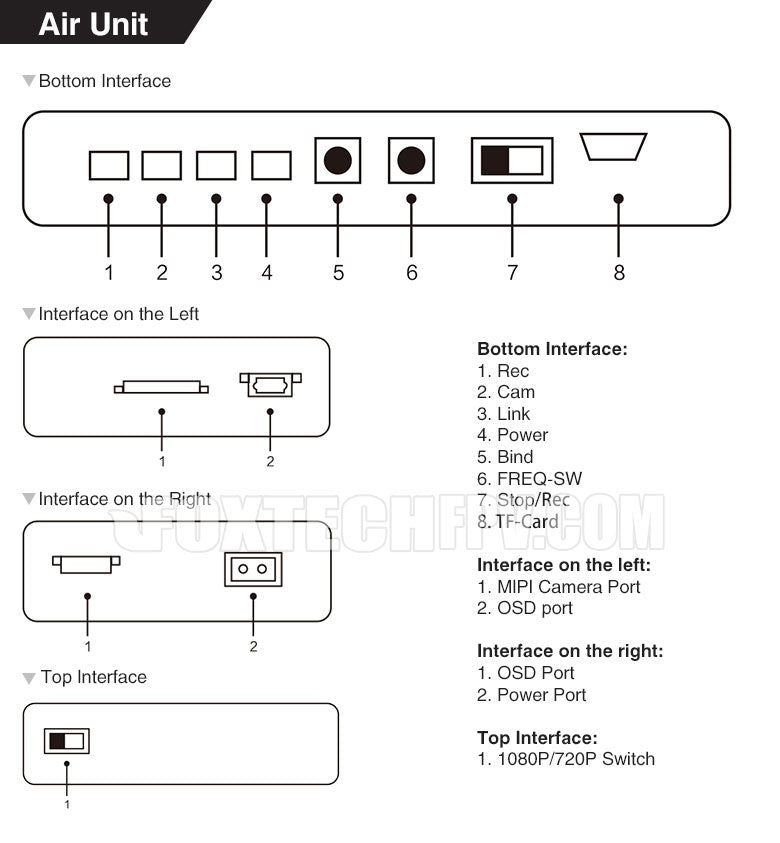
Related Collections



Explore More Drones & Accessories
-

Camera Drone
Our Camera Drone Collection features a wide range of brands including FIMI,...
-
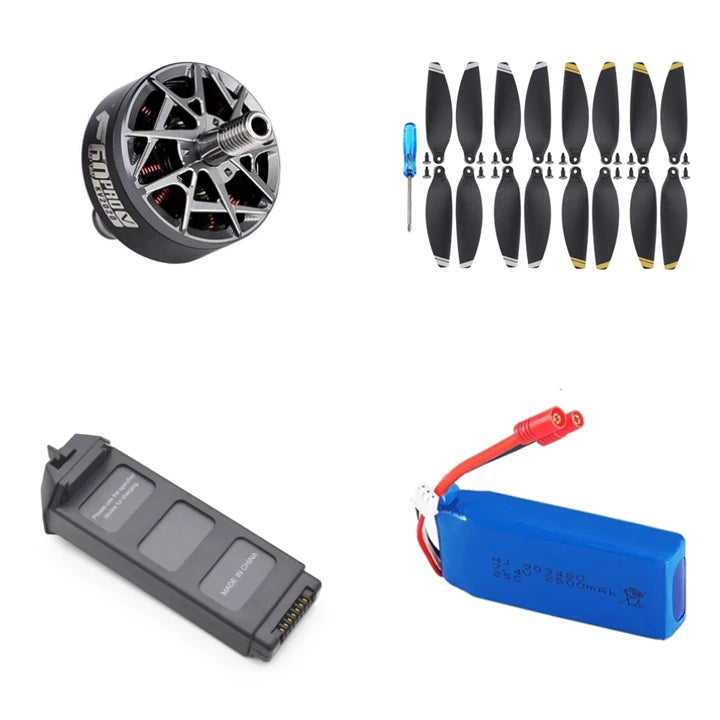
Drone Accessories
Discover a wide range of drone accessories to enhance flight performance, extend...





